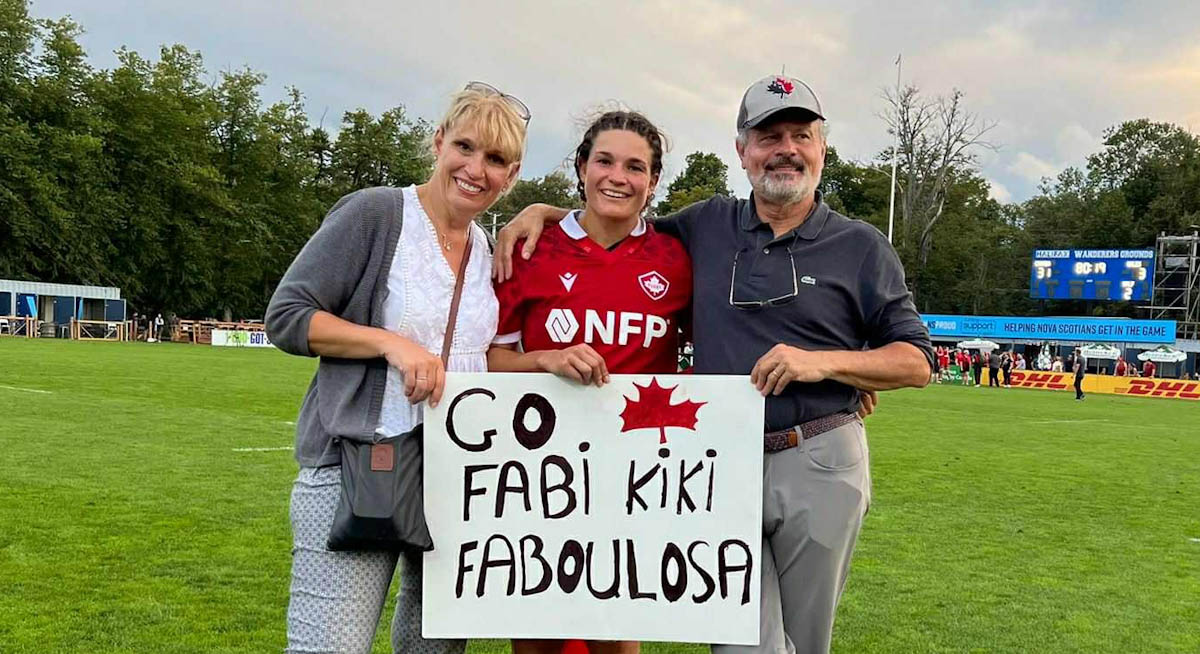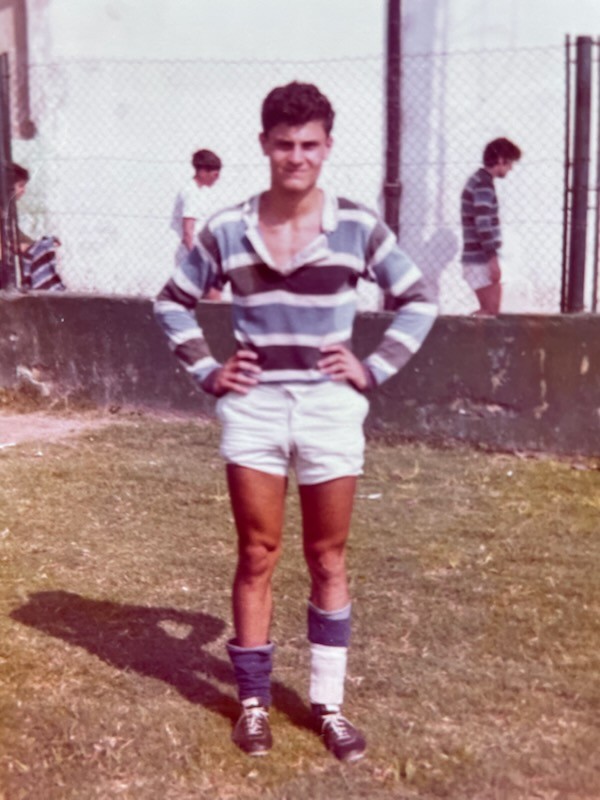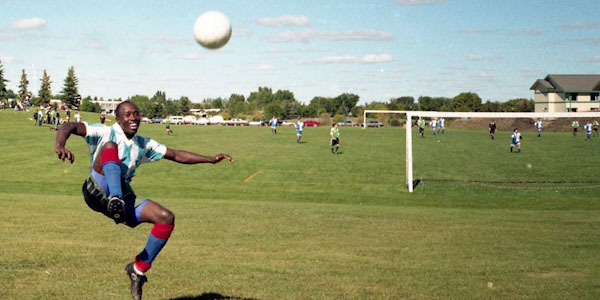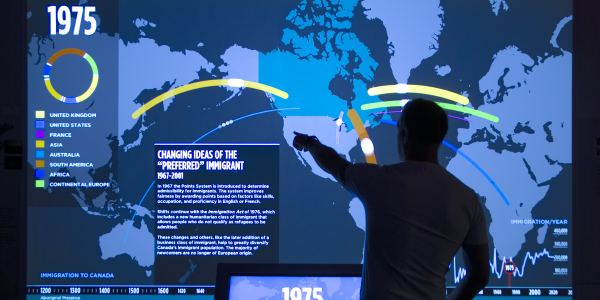
Santiago Forteza arrived from Buenos Aires to Quebec City speaking no French. He’d come to do a Masters Degree at the Université Laval. It was 1988.
“I was denied the opportunity to join the program because I didn’t speak French,” he says.
So he enrolled in a summer French course Laval offered. After a week he went to see the director of the program. “And I spoke to him in French… He said, ‘Well, if you can talk to me already after just a week… we’ll let you sign up for the program.’”
Not knowing the language was one thing. Not knowing any people was another.

In the newspaper, he read about a new rugby club called the Rugby Olympique Club de Québec (ROCQ) that was starting up.
Santiago had played in High School in Argentina, where he’d captained his team. The camaraderie was infectious.
The ROCQ would be training on the Plains of Abraham, the site of the pivotal 1759 battle between English and French forces for control of what was then called New France.
Rugby, with its British origins, had been played in the province of Quebec as far back as 1864, but had been principally an anglophone sport, and hadn’t taken root in the provincial capital.
The team, Quebec city’s first rugby club of the modern era, was founded by a man from France (a country with deep rugby roots known for playing in an exciting flamboyant style known as le French flair.)
International squad
The players that made up ROCQ were from all over. In addition to a few from Ontario and further west in Canada, “we had Americans, we had Africans, we had one Romanian guy, me, there was a Chilean guy, a Uruguayan guy, there were French guys of course,” says Santiago. “We were all of us foreigners, basically.”
And there were a few Québécois, who, although new to the sport, had played Canadian Football (a game which in fact had evolved from rugby in the early 20th century).
A strange sport
Rugby is a peculiar sport. Its practitioners and fans are passionate, and that passion extends beyond the playing field.
Did you know?
Canada’s women’s rugby team entered this year’s Rugby World Cup ranked #2 in the world!
The Rugby World Cup runs August 22-September 27, 2025.
Newcomers who join a club instantly find themselves with a large group of friends. And the connections are not limited to the club. As a custom, after 80 minutes of brutalizing physical play, opposing teams often get together to eat, drink and socialize during what is known as the “third half”.
For Santiago, playing with ROCQ helped him to integrate and make connections. It helped him to learn French and kept him active. And he added a South American style of play into the team, with an emphasis on kicking. Nearly 40 years, later, he still sees his old club-mates at matches and local rugby events.
The next generation
Santiago’s daughter, Fabiola, has played with the Canadian national rugby team since 2016 and also with the Lionnes du Stade Bordelais in France where she has won national championships for three years in a row. Her talent was obvious right away and although she’d played high-level soccer, the physicality of rugby attracted her.
The national team is not only made up of people from all over the country, but many have immigrant parents, and they are from all over the world. This includes China, Democratic Republic of the Congo, Samoa, Nigeria, Mexico, Jamaica, Netherlands, Palestine, Chile, Colombia, and the UK. According to Fabiola, “Our different origins and backgrounds is also our strength.”
It’s a tight-knit group. “Of course, playing for your country is always a great honour, but I’d say playing for your country with your friends is even better,” says Fabiola.
Even at the sport’s highest level of performance, community and camaraderie are core values.
“For me, it’s such a privilege to be surrounded by such resilient people, by such determined people, with me on a daily basis, it makes me push harder. So for me, for sure, representing Canada is just about sharing exceptional moments, exceptional emotions with people I love.”

